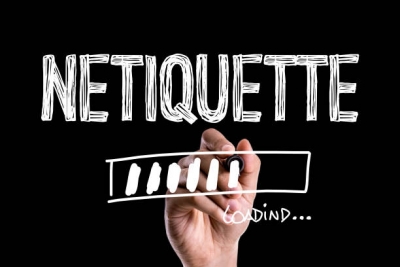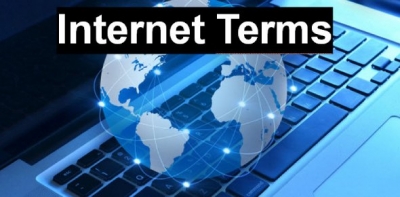What is Netiquette?

The word netiquette is a combination of 'net (from Internet) and 'etiquette. It means being polite and showing courtesy when posting your views in an online discussion respecting others' views.
Some rules to remember
For online discussions, each group has its own accepted rules of behaviour. Here are the basic rules to be followed when using the Internet.
- Follow the rules about what is allowed and what is not allowed to be posted on any site
- When sharing your opinion, state it clearly. Avoid using non-standard or colloquial speech in your language.
- Do not use improper words or attack anyone personally. If you disagree with someone, express it with dignity.
- In discussion forums, do not deviate from the topic.
- Ignore others' mistakes, whether it's a spelling error, unintelligent question, or an unnecessarily long answer.
- Follow the privacy rules of the site and consider copyright issues when posting on a site.
- Respect other people's privacy.
Email etiquette
- Use proper expressions to greet and introduce yourself.
- Keep it short and to the point.
- Use spell check, full sentence structure, and proper grammar.
- Avoid using shortcuts for real words, emoticons, jargon, etc.
- Be clear in your subject line. Subject line must match the message.
- Do not use all capital letters, it reflects shouting. Similarly, typing in all small letters is considered informal.
- Always end the email properly using words such as Thank you', 'Sincerely, etc.
- Respond promptly.
Picture Credit : Google

